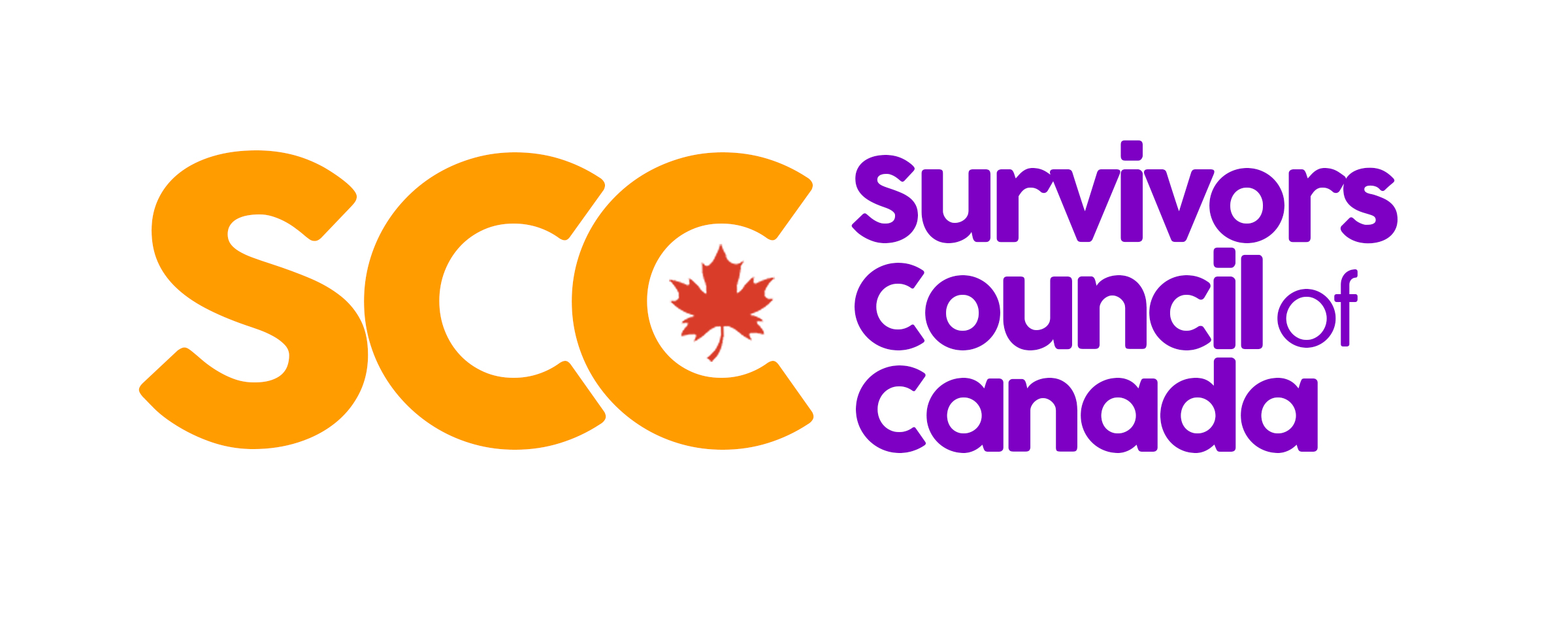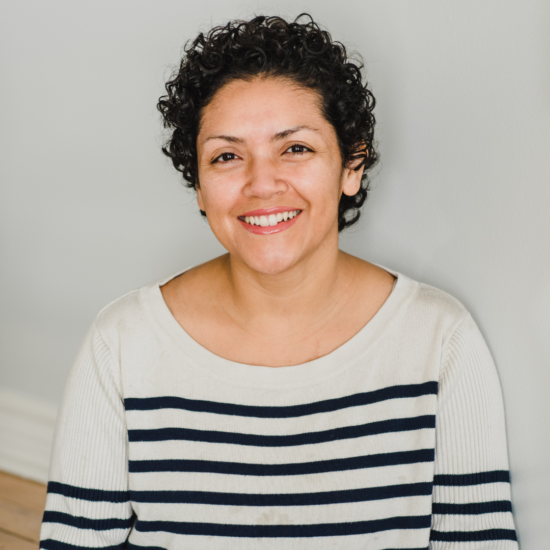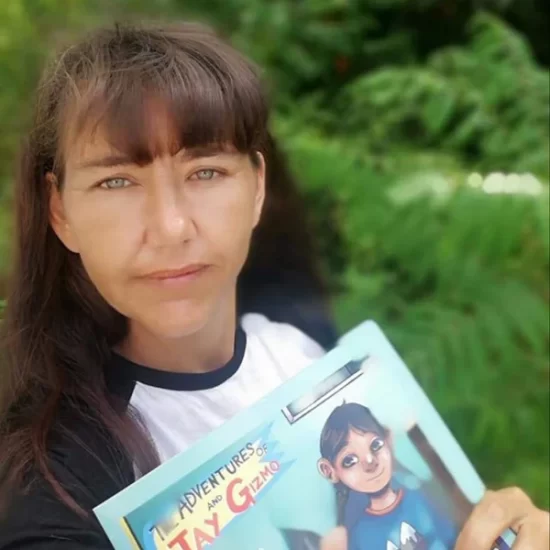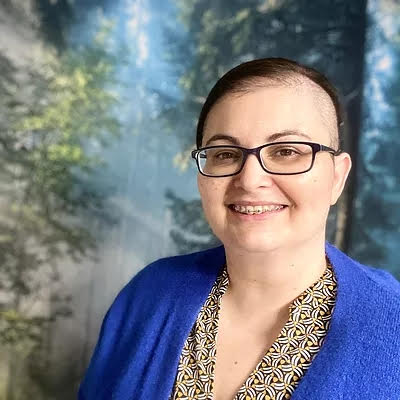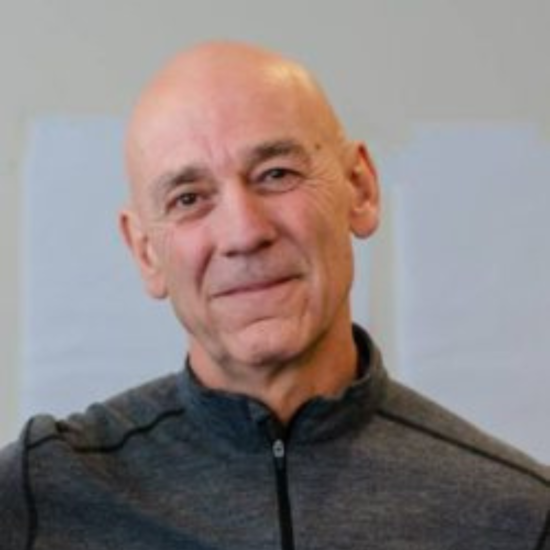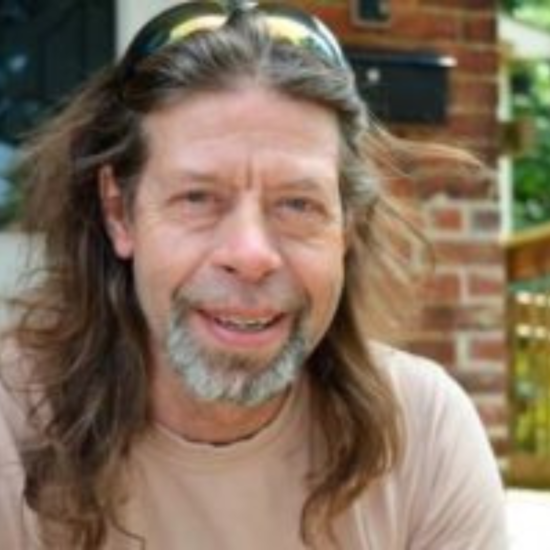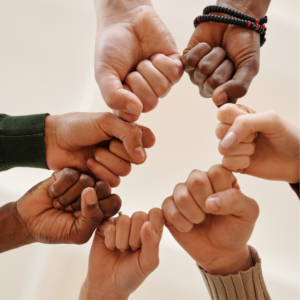

Learn More About
Our Vision: A country that is demonstrably there for all people who have been impacted by childhood sexual violence.
Our Mission: To end childhood sexual violence in Canada, within all of its populations and institutions.
Our 3 Pillars are founded & framed within the philosophy of Transformative Social Change
Holistic Prevention
Education Programs for Youth, Educational Program for Caregivers, Institutional Change Campaigns, Intervention Programs
Holistic Healing
Adequate Support for Victims/Survivors, Social TRANSFORMATION {Change} Campaigns, Mental Health Programs
Holistic Transformative Justice
Redefining What Justice Means, Reform Laws That Harm Survivors, Alternative Systems To Punitive Practices
Rehabilitation, Restorative, TRANSFORMATIVE Programs
Our Council Objectives
1
To ensure that CSV programs and funding are informed by and speak to the needs of survivors; by bringing together survivors, community-based organizations, and governmental organizations to listen and bring forth action that facilitates transformative social change.
2
To support the development of a National Survivor Online Support.
3
To support the development of new and existing community-based responses to CSV.
4
To support strength-based curriculum development, and implementation at the elementary, secondary, post-secondary school levels.
5
To support the development of restorative, transformative justice processes as they relate to Canadian law and childhood sexual violence.
6
To provide input into policy processes at the municipal, provincial, territorial, and Federal levels.
7
To support the development of survivor council chapters throughout Canada
8
To support the delivery of partner agencies’ conferences and events focused on healing from childhood trauma.
9
To ensure that the 3 Pillars: Prevention, Healing, and Holistic Transformative Justice are centered, prioritized, and implemented at all levels within Canadian populations and institutions.
Key Tenents of Transformative Learning/Social Change
Include:
1) In the transformation process, one’s identity or self passes away and a new, radically altered one emerges. The new way of being is more integrated, resourceful and aligned. This is apparent to others in your presence, your actions and your increased capacity to respond based on vision, rather than reaction. This process repeats itself and deepens through continued engagement in transformative practices and processes. The old, previous “form” sheds again and new emerges again. As a comprehensive approach to progressive social change, it seeks to distinguish itself from the "ordinary" change of conventional social change, social justice and their respective organizing practices by placing emphasis on personal, organizational and social systemic change that cannot be undone, or "deep change."
2)The methods and philosophy of transformation must be rooted in an explicit analysis of oppression. ~ We recognize that this work is grounded in ancient wisdom, lineages and history, and that it is entering a new phase of coherence that allows us to move forward.
3) “Transformation – “A process whereby we move over time to reformulate our structures for making meaning, usually through reconstructing dominant narratives or stories. This provides us with a more dependable way to make meaning within our lives, since we are questioning our own points of view, looking and reflecting on alternate points of view and often creating a new, more reliable and meaningful way of knowing that may be different from our old habits of the mind. This requires us to become open to others’ points of view, and to be able to reflect on new points of view and information and often go back and reconstruct what we know and how we know it” (Mezirow, 2000). 3) “Transformation – “A process whereby we move over time to reformulate our structures for making meaning, usually through reconstructing dominant narratives or stories. This provides us with a more dependable way to make meaning within our lives, since we are questioning our own points of view, looking and reflecting on alternate points of view and often creating a new, more reliable and meaningful way of knowing that may be different from our old habits of the mind. This requires us to become open to others’ points of view, and to be able to reflect on new points of view and information and often go back and reconstruct what we know and how we know it” (Mezirow, 2000).
4) Transformative learning involves experiencing a deep, structural shift in the basic premises of thought, feelings, and actions. It is a shift of consciousness that dramatically and irreversibly alters our way of being in the world. Such a shift involves our understanding of ourselves and our self-locations; our relationships with other humans and with the natural world; our understanding of relations of power in interlocking structures of class, race and gender; our body awarenesses, our visions of alternative approaches to living; and our sense of possibilities for social justice and peace and personal joy

